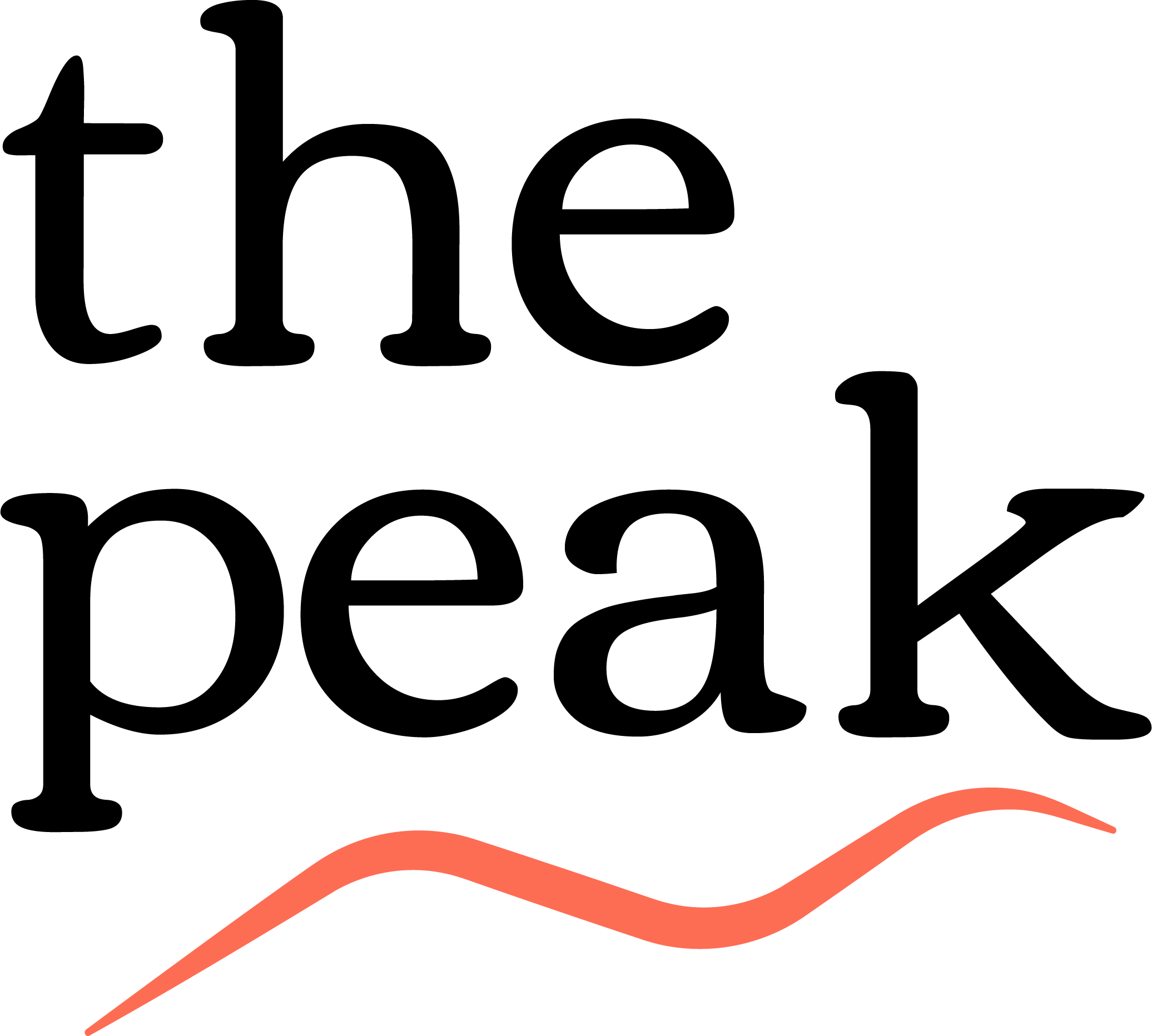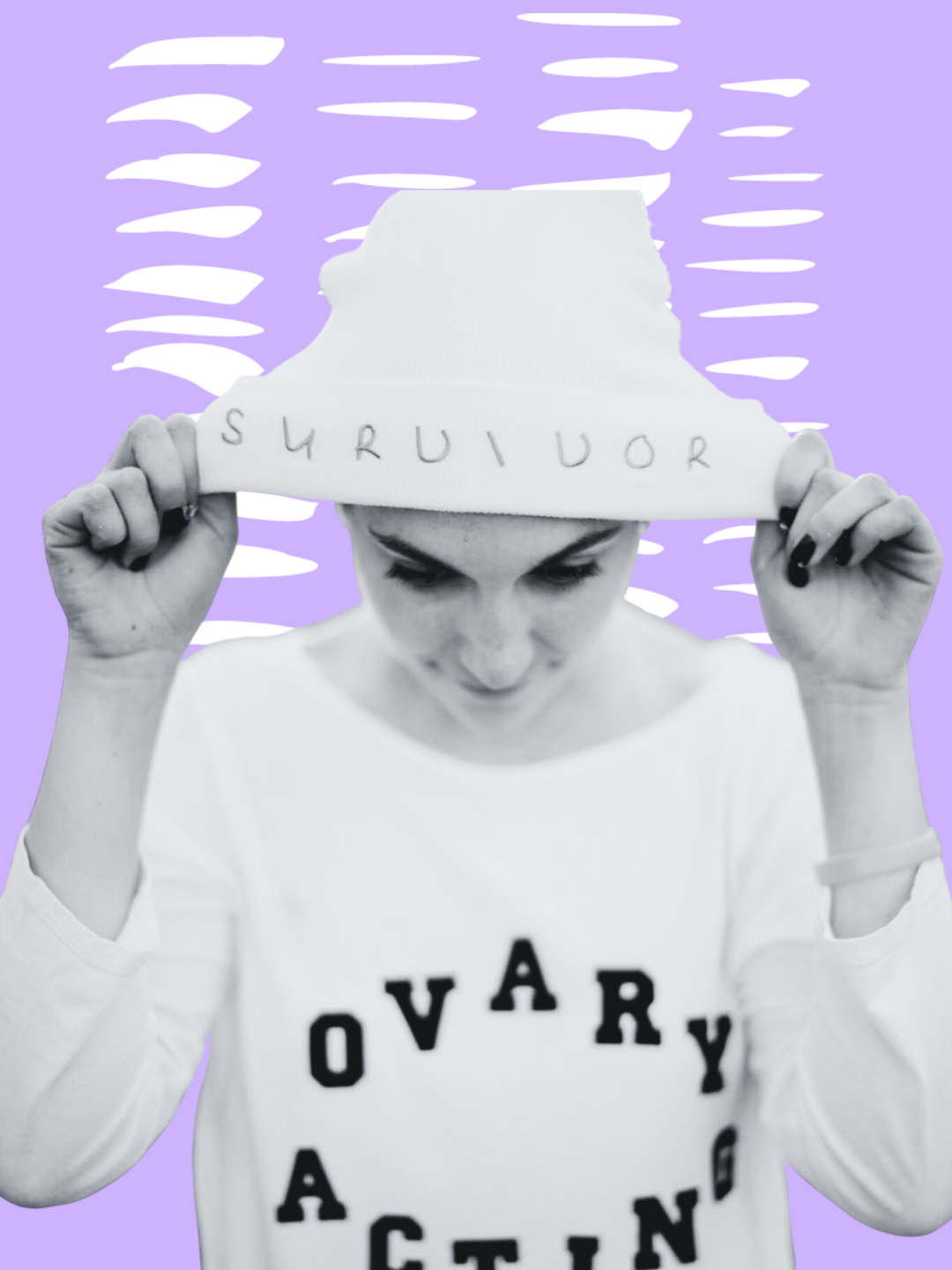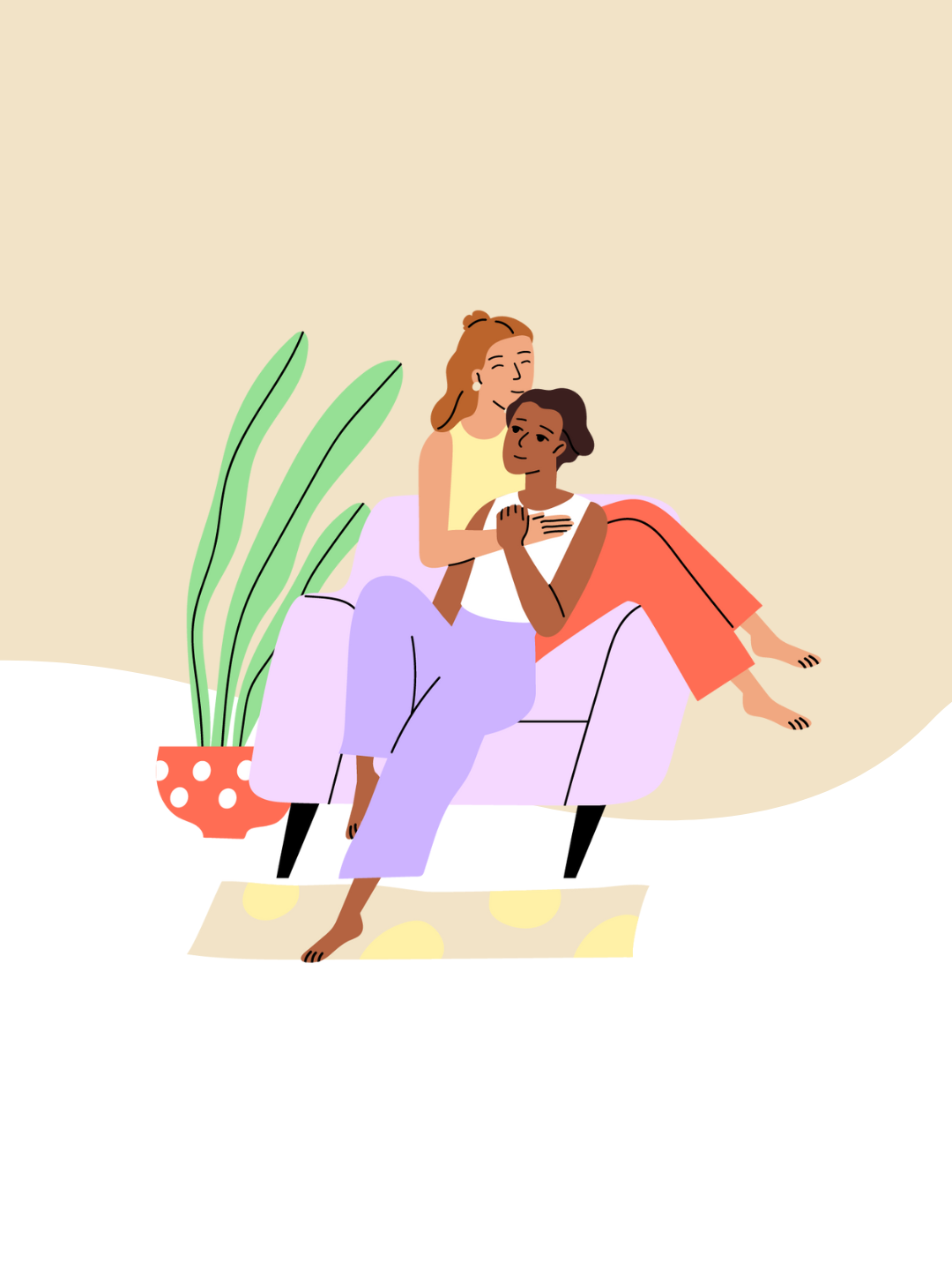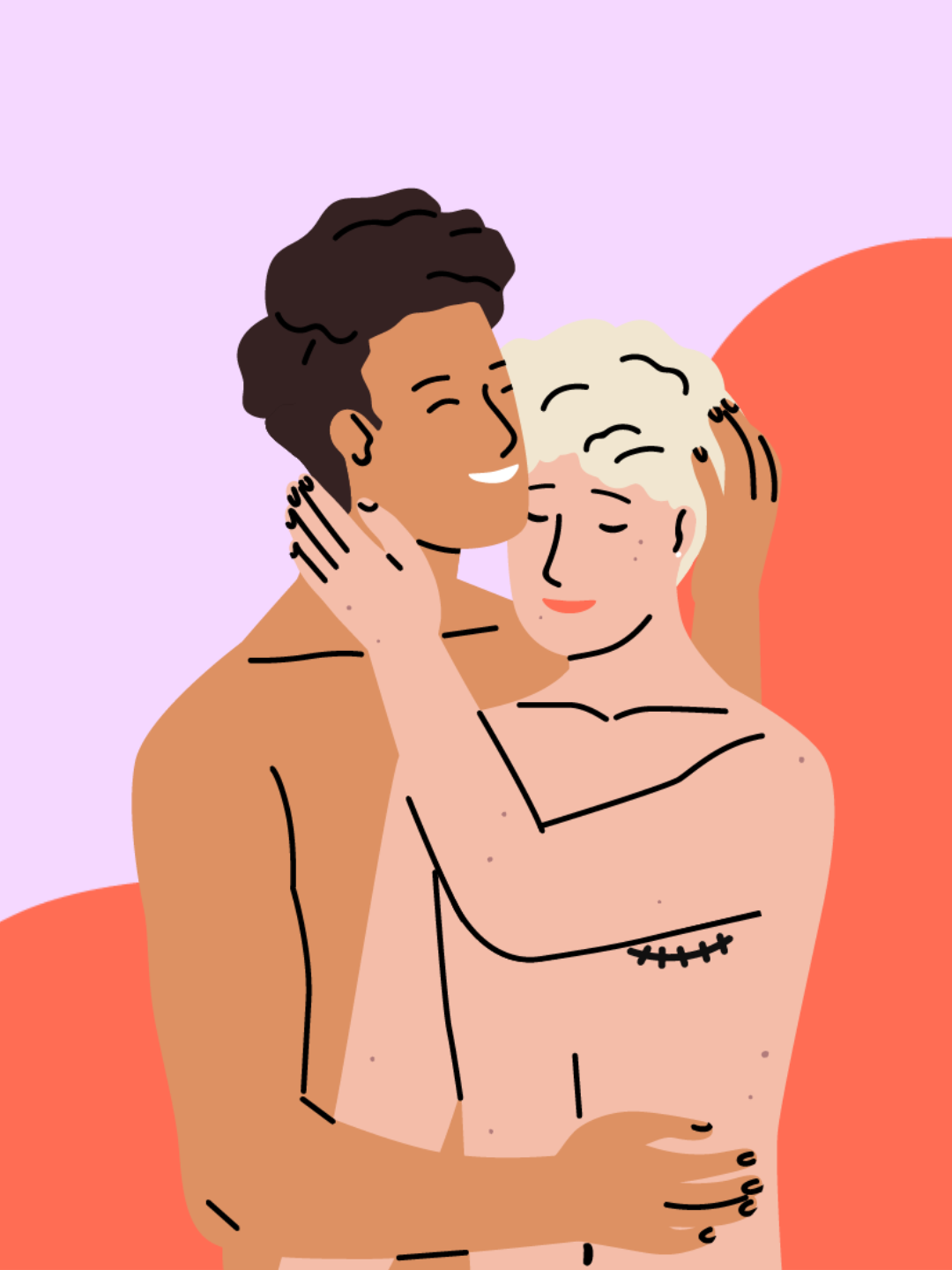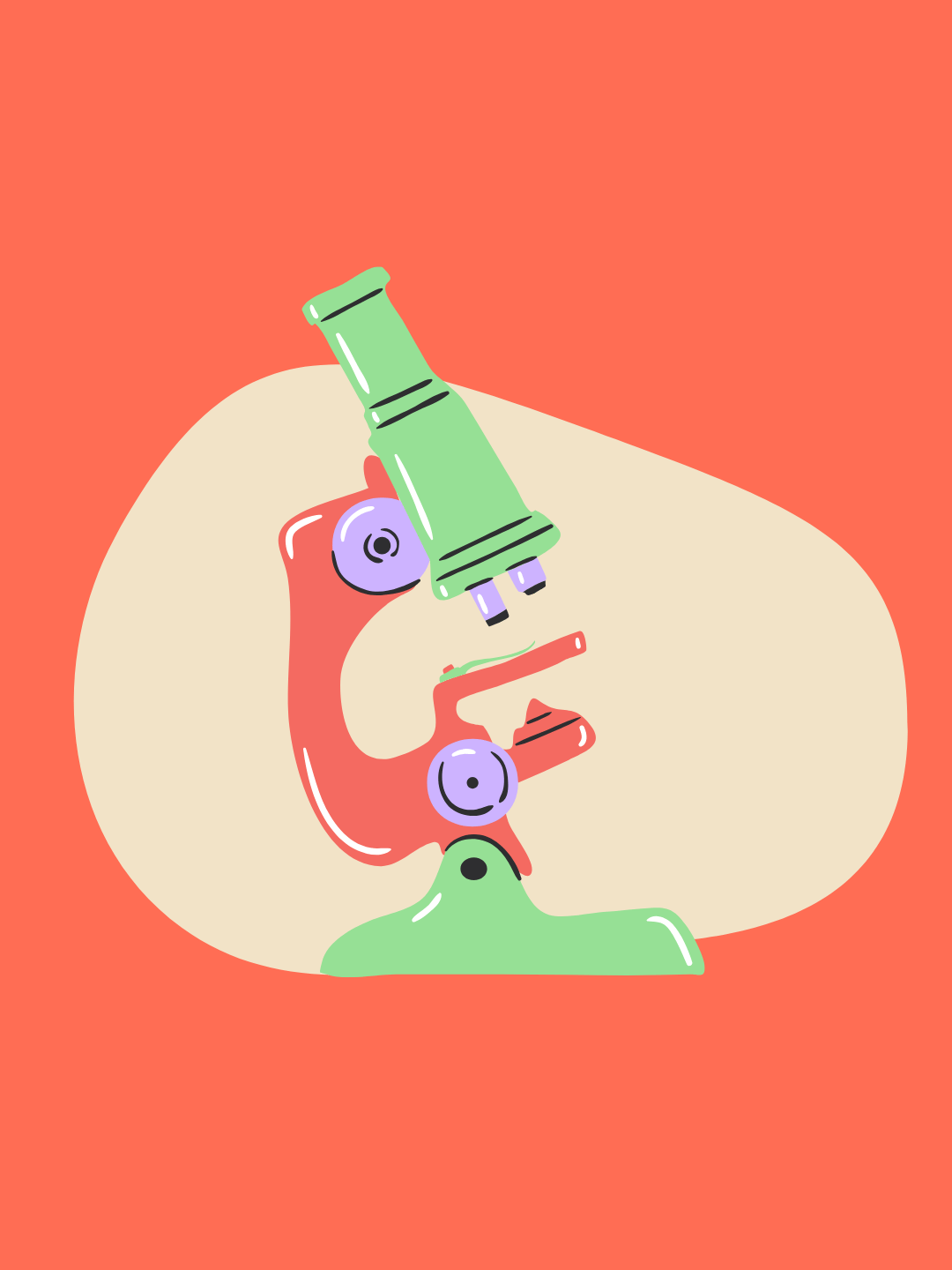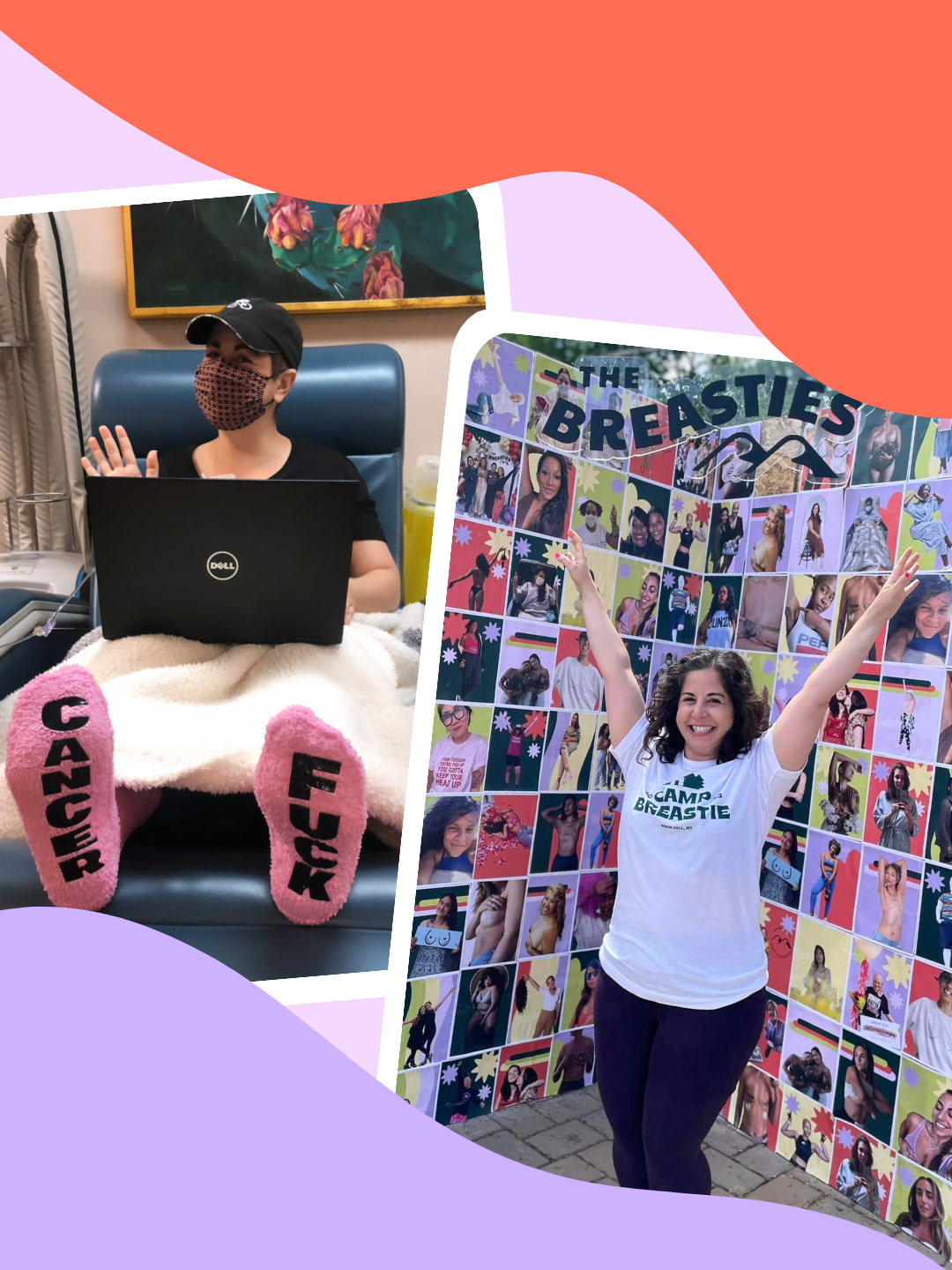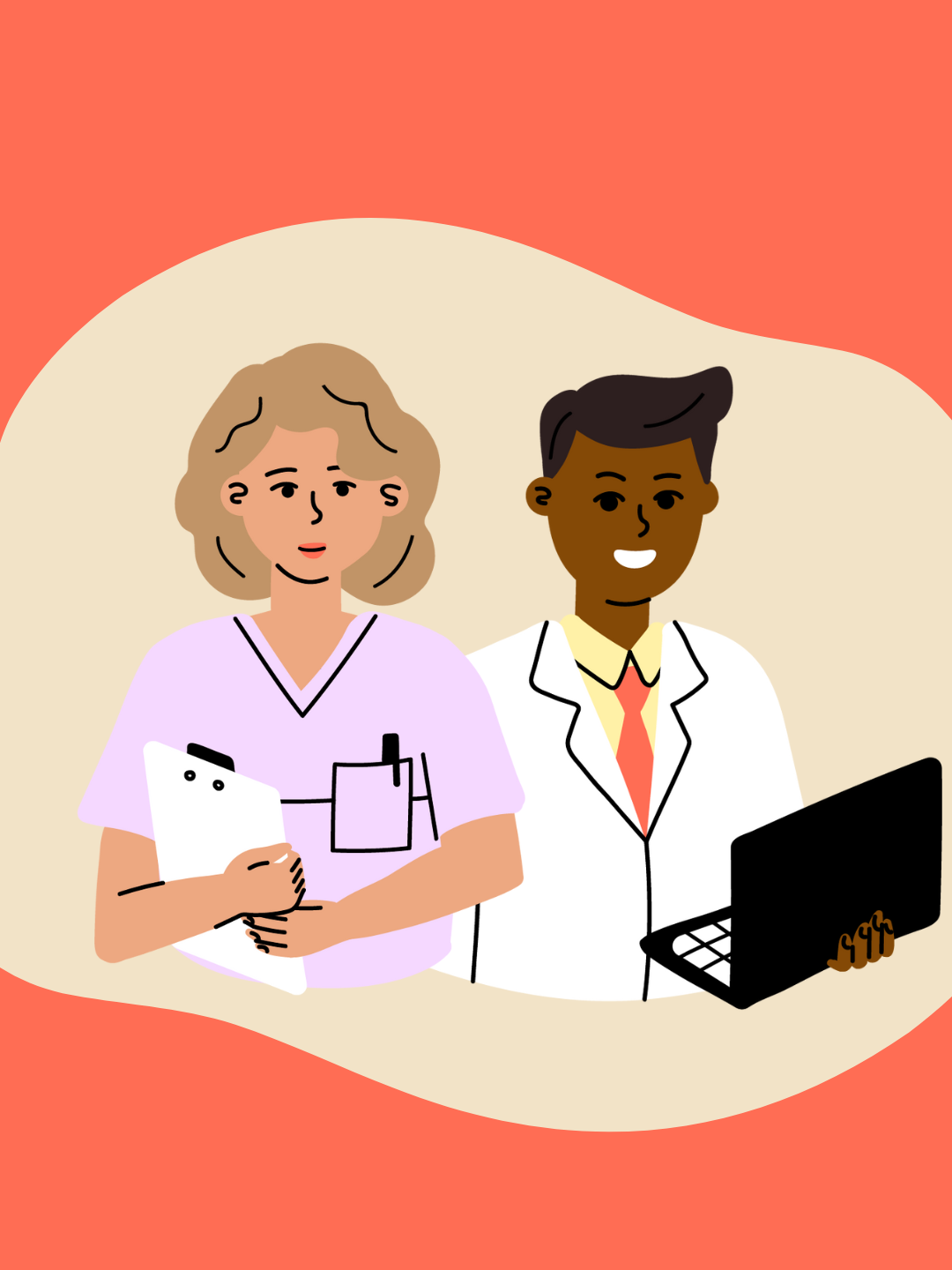I was 24 when I was diagnosed with germ-cell ovarian cancer.
A month before my diagnosis, I was sitting by a pool with a vodka soda and one of my best friends telling her about some pain I was experiencing in my pelvic area. We both concluded the pain was strange but not necessarily anything to worry about, but as supportive best friends do, she recommended I see my OB-GYN, and I was overdue for my annual anyway.
Three weeks later, I was sitting in the chair at my OB-GYN’s office telling her about the pain in my pelvic area. She assured me because of how young I was, “it was probably nothing.”
"Too Young" for Ovarian Cancer
But two days after my annual, I was rushed to the ER with pain I had never experienced before and haven’t experienced since; I had emergency surgery to remove the “nothing” along with eight pints of blood in my abdomen caused by the rupture of that “nothing."
Lo and behold that “nothing” was a tumor, that tumor had ruptured, and six weeks later, after another surgery and a round of fertility treatments, I endured my first of 19 rounds of chemo.
Dozens of people shared stories about their grandmothers, great aunts, and older distant relatives who had passed away from the disease in an attempt to make me feel better. I tried to always give those people the benefit of the doubt — knowing that they shared those stories to juxtapose my age with those of the people they’d lost. They were trying to remind me that time and age were on my side, that young people like me aren’t the norm but the exception.
But that was the first of many misconceptions people had about my sickness, that I was “too young.” There I was, 24 and “too young," broken, and diagnosed with cancer.
Breaking My Own Misconceptions Surrounding a Cancer Diagnosis
When I first found out my treatment plan, I desperately tried to find someone to relate to. I connected to other women undergoing chemo treatments through Instagram and made several commitments to myself throughout the course of treatment; I would fall in love with yoga (I spent $300 on a new wardrobe for my practice), I would put myself together every single day (wig, makeup, and false lashes), I would never look sick, and I would start a blog about finding my inner peace and healthy lifestyle.
None of those things were me, but I wasn’t me anymore, I was a cancer patient. I had to become grateful and take my life back into my own hands by cultivating positive energy and manifesting good health. That works for some people, and at the time I desperately wished it would work for me. I had so many damn good intentions and so many hopes of shattering the stigmas surrounding cancer patients and the physical limitations that come with treatment.
But those intentions and hopes were just crippling self-inflicted misconceptions that turned into self-doubt and disappointment.
I never took the tags off of those yoga pants and the mat my sister sent me stayed in my closet wrapped in its original plastic until I threw it out. The thought of wearing a wig brought on an instant headache; I went out in public bald 90 percent of the time, the other 10 percent of the time I lost my shit trying to tie and retie my head scarf in a trendy way that WOULD NOT stop slipping off my head. I ate three family-sized Carvel ice cream cakes during the course of my seven weeks of treatment and never wrote a single blog post. My eyelashes fell out, my skin turned yellow, and I was too damn sick and tired to make myself look like I gave a shit. The truth is, I was too damn sick and tired to do anything.
I hated myself for everything I was and everything I wasn’t. My life had taken the most dramatic turn. I was literally beating cancer, something so many admired about me, yet I spent my entire treatment comparing myself to other people and focusing on my shortcomings.
The self-loathing was made stronger by the fact that I knew my treatment was going to work.
Who the hell was I to complain about anything when I knew I would make it out on the other side?
The pressure of feeling like I needed to prove how grateful I was for my life and for my good prognosis made me feel even worse about the fact that I spent most of my time complaining, taking my chemo-rage out on my mom, and feeling bad for myself. I was supposed to be strong for everyone else, but cancer brought out a side of me I wasn't always proud of, and my weakness (both physical and emotional) took an incredible toll on my psyche.

Survivorship and the Misconception that You’re Okay
I’ve been cancer free for three years; I’ve resumed much of my life the way it was before cancer. My hair is finally long enough that the length looks intentional. I can wake up before the sun and power through a 60-minute total-body workout class, sometimes two back-to-back, and I can even come close to finishing a bottle of wine by myself.
But those facts have contributed in creating the next misconception — that I’m okay, that because I’m cancer-free and no longer in treatment and have resumed much of my pre-cancer lifestyle — I’m no longer impacted by cancer. But the hard truth is that while life has gone on, cancer continues to force itself into every aspect of my life.
It’s the uninvited friend that shows up and ruins my most tranquil moments. It’s the voice in my head that forces me to question and obsess over every headache, every cold, every dull pain; and despite the fact that 99 percent of the time it has truly been “nothing," the 1 percent controls my anxiety, my sleep, and my ability to find peace.
But in navigating this confusing, personal, and private journey of survivorship, cancer also serves as my daily reminder to work to be kind to myself, to trust, to breathe, and to feel proud. To give myself grace when I don’t accomplish everything I set out to do in a given day, to trust my gut when something doesn’t feel right, to breathe through the discomfort and feelings of inadequacy, and to feel the emotion, pain and pride of how far I have come.
I don’t take any pain medicine during my period – it allows me to feel connected to my body, feeling my one ovary working in overdrive every month fills me with inexplicable emotion knowing that my body hasn’t abandoned me.
It may be three years behind my original schedule, but I took the leap and bought another yoga mat, and this past summer, I finished my first 30-day yoga series. And last night I ate two ice cream sandwiches. And some days I feel grateful and whole, and other days I feel angry, and afraid, and shattered.
But through all of it, I push through, and for that I am always damn proud.
